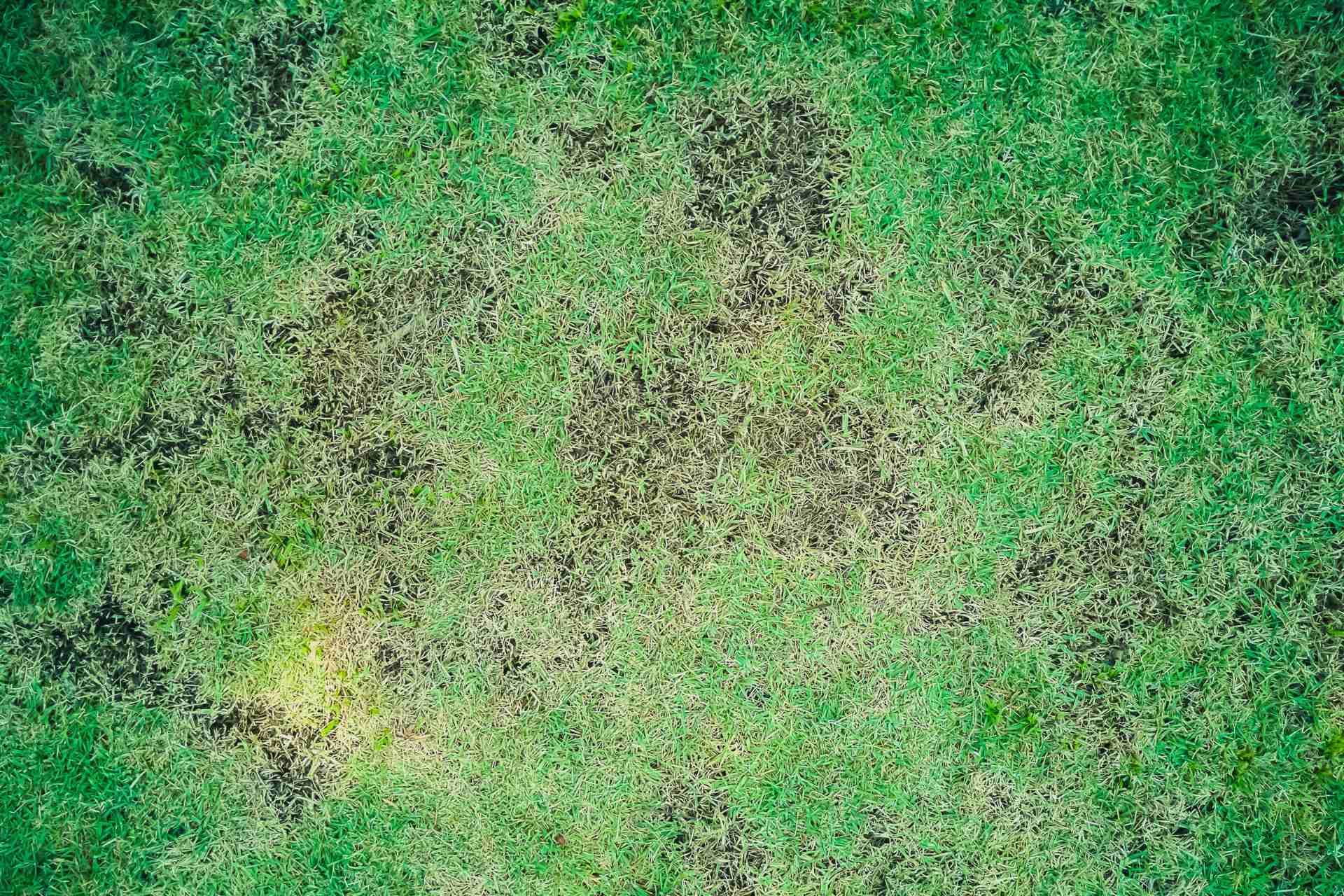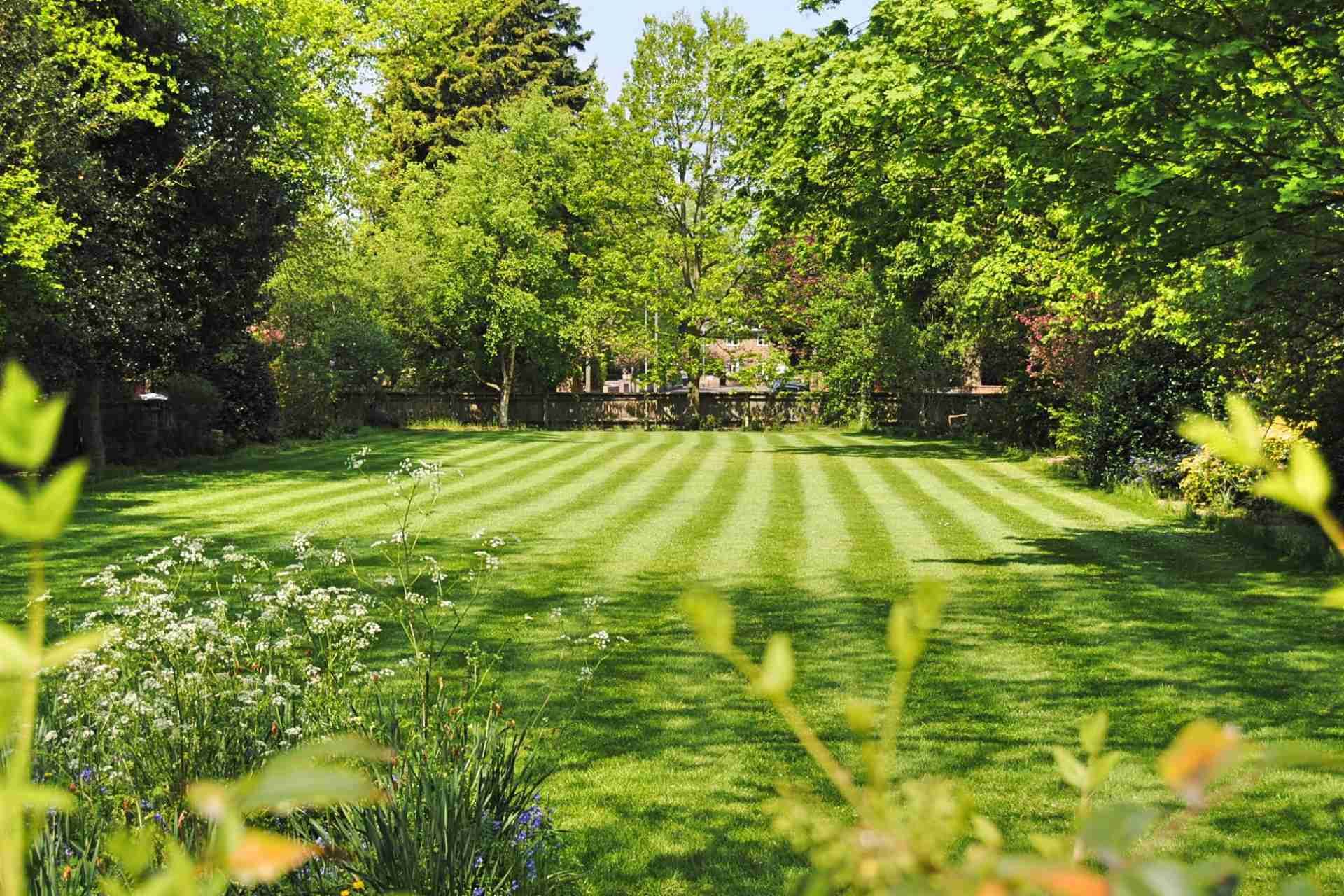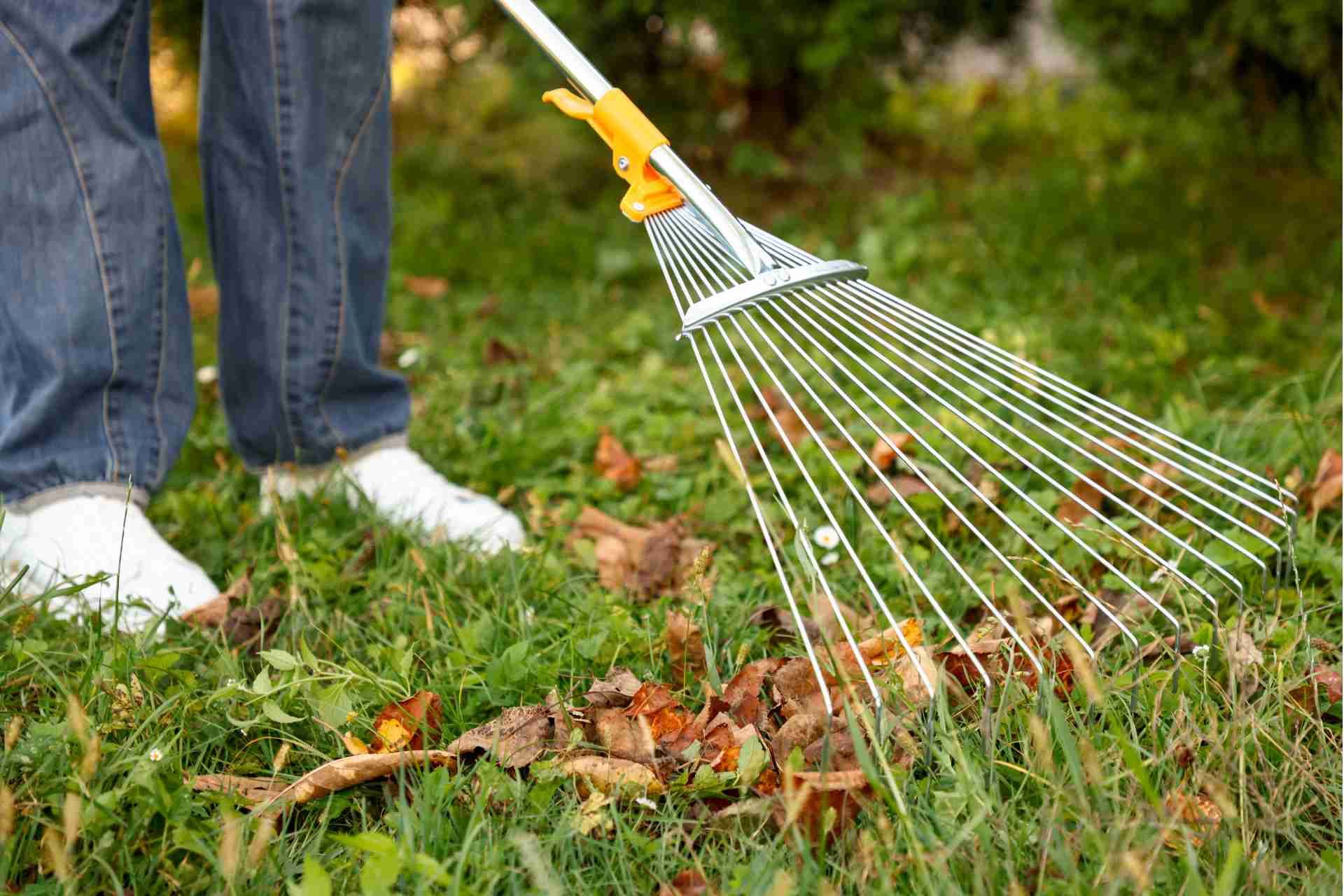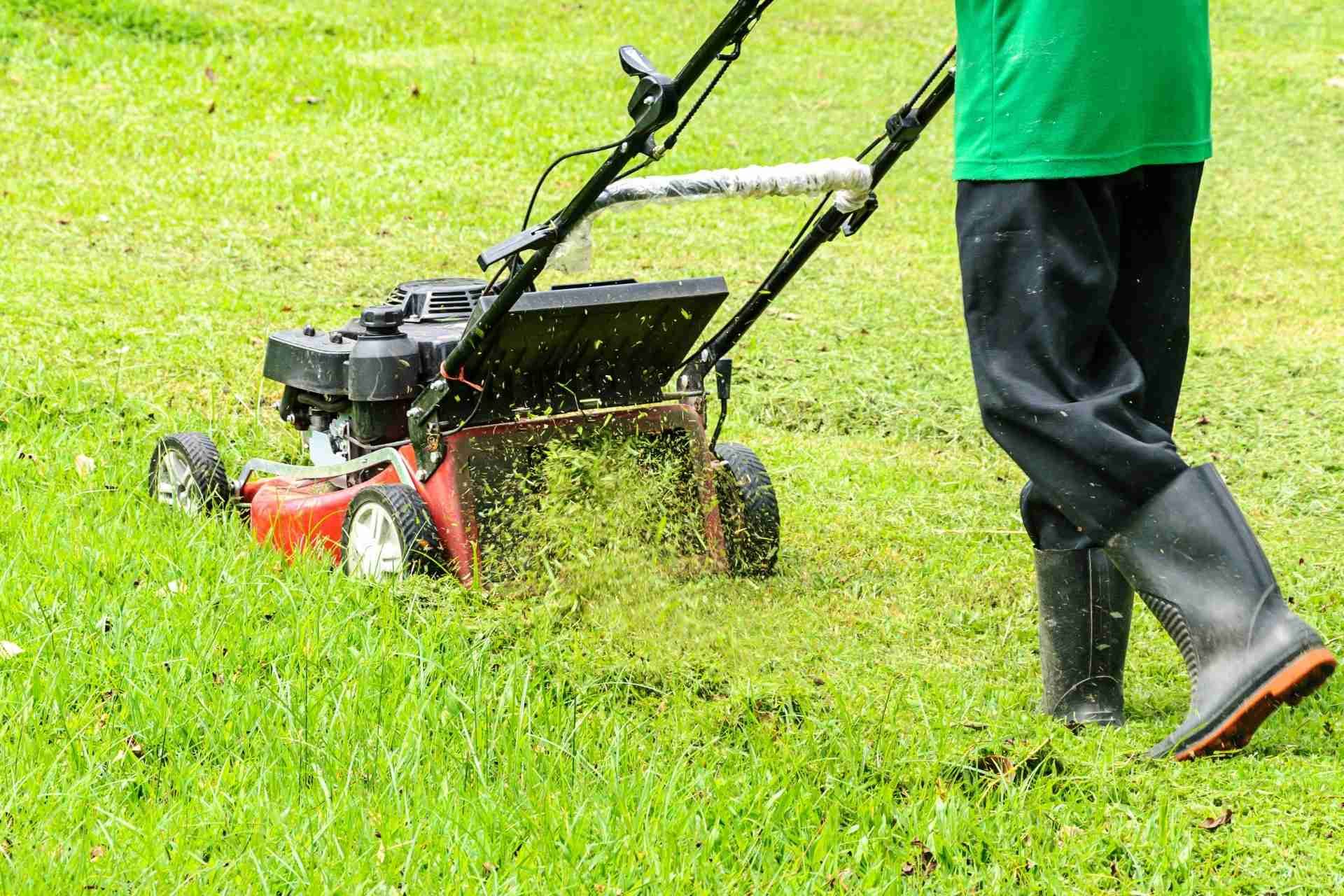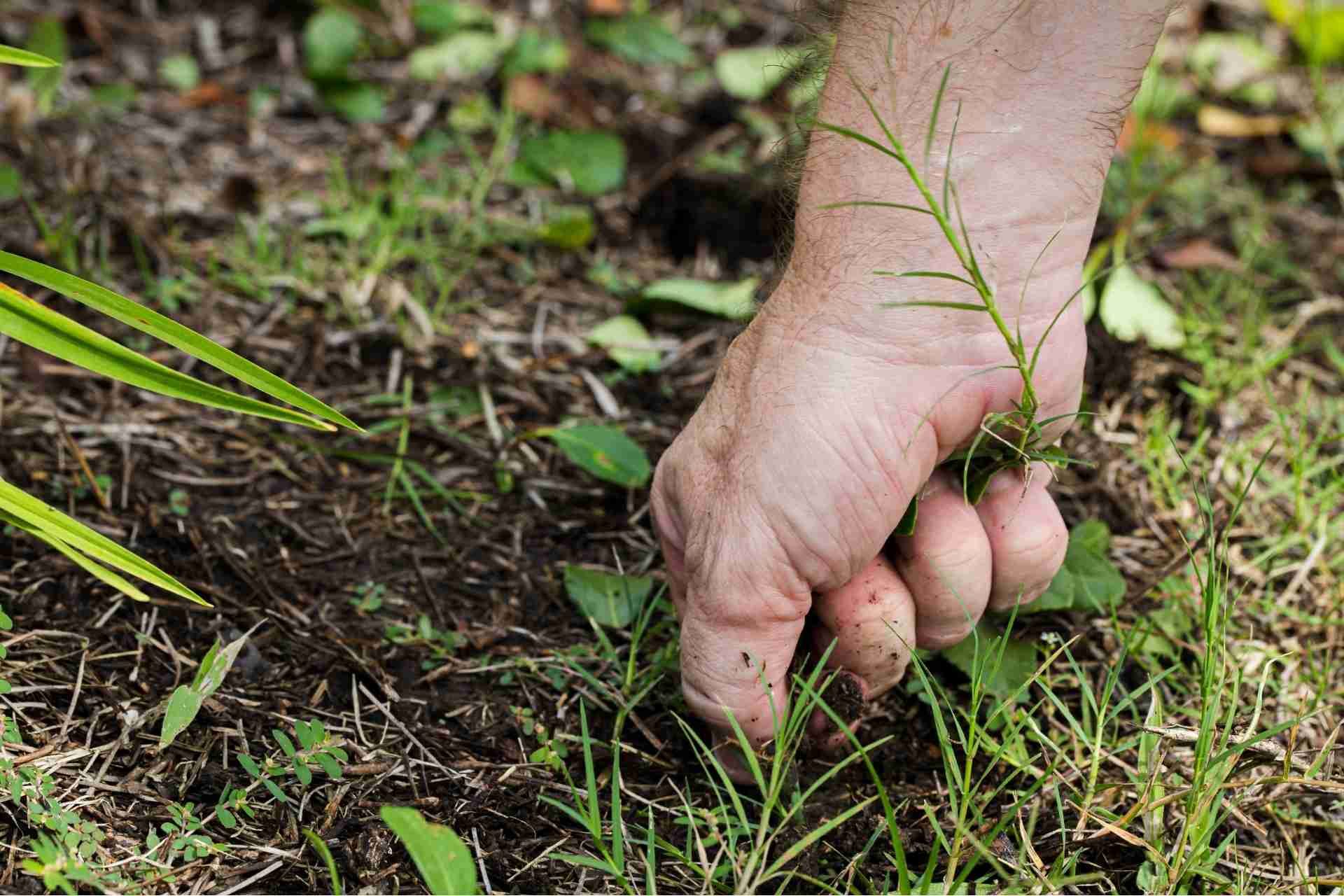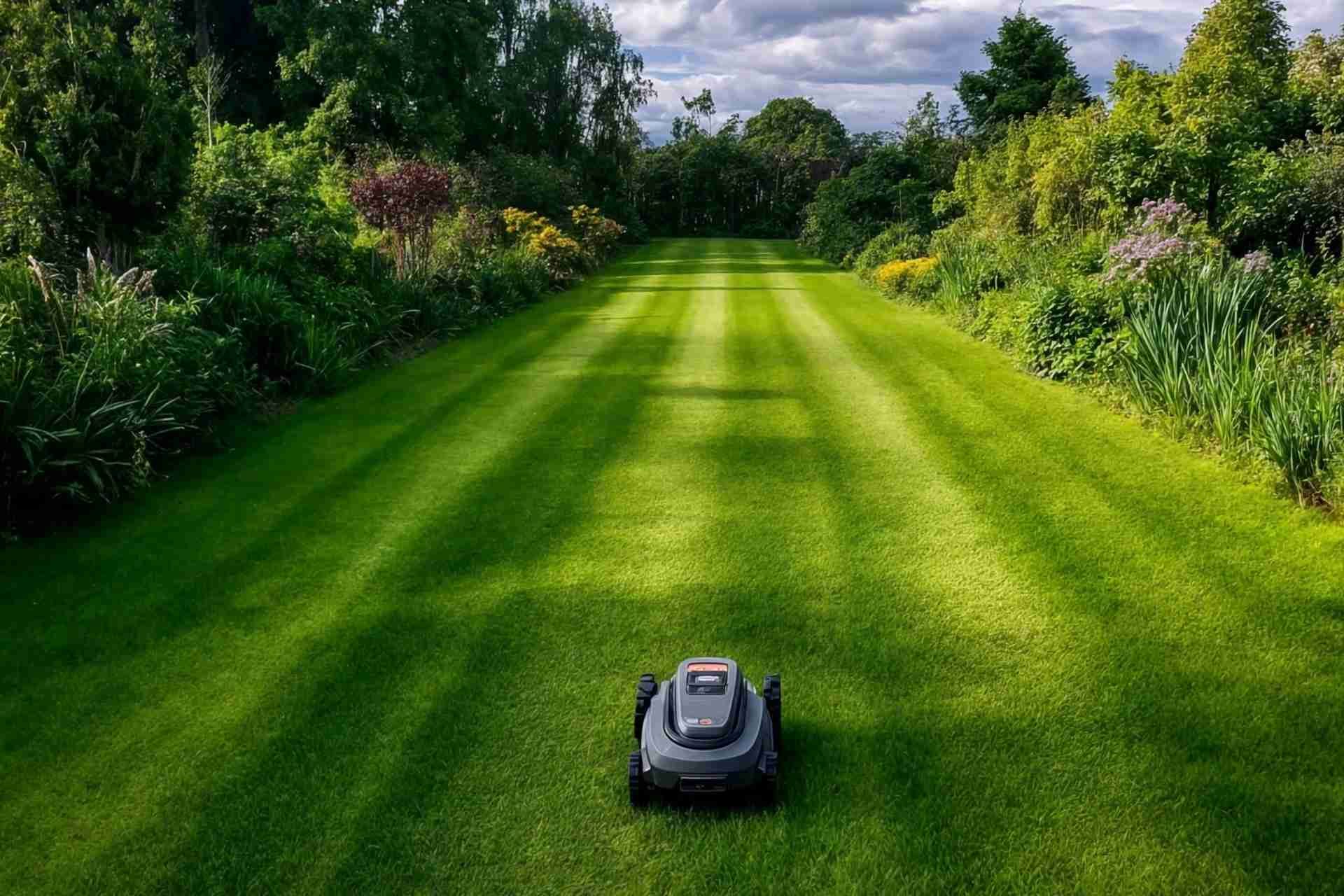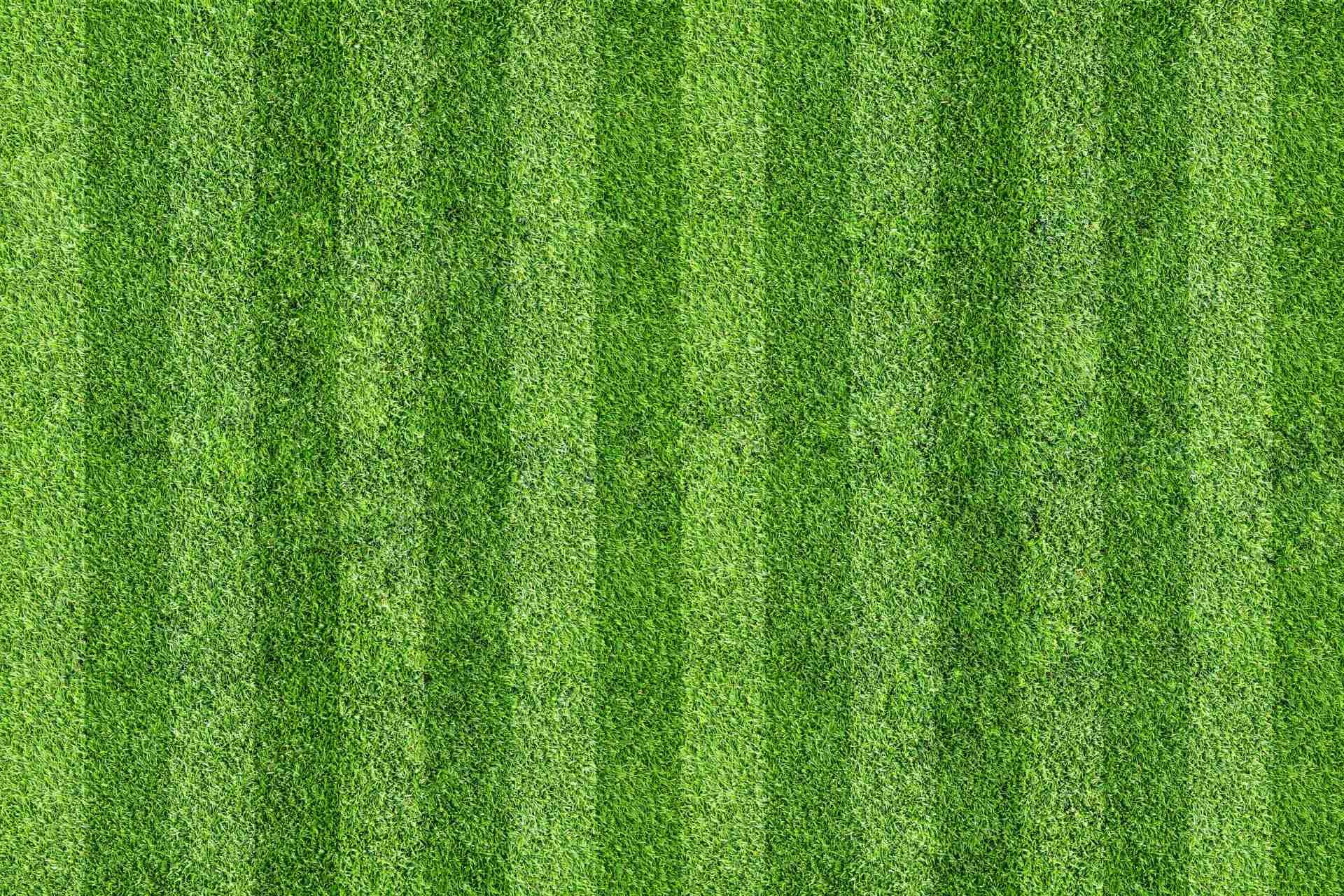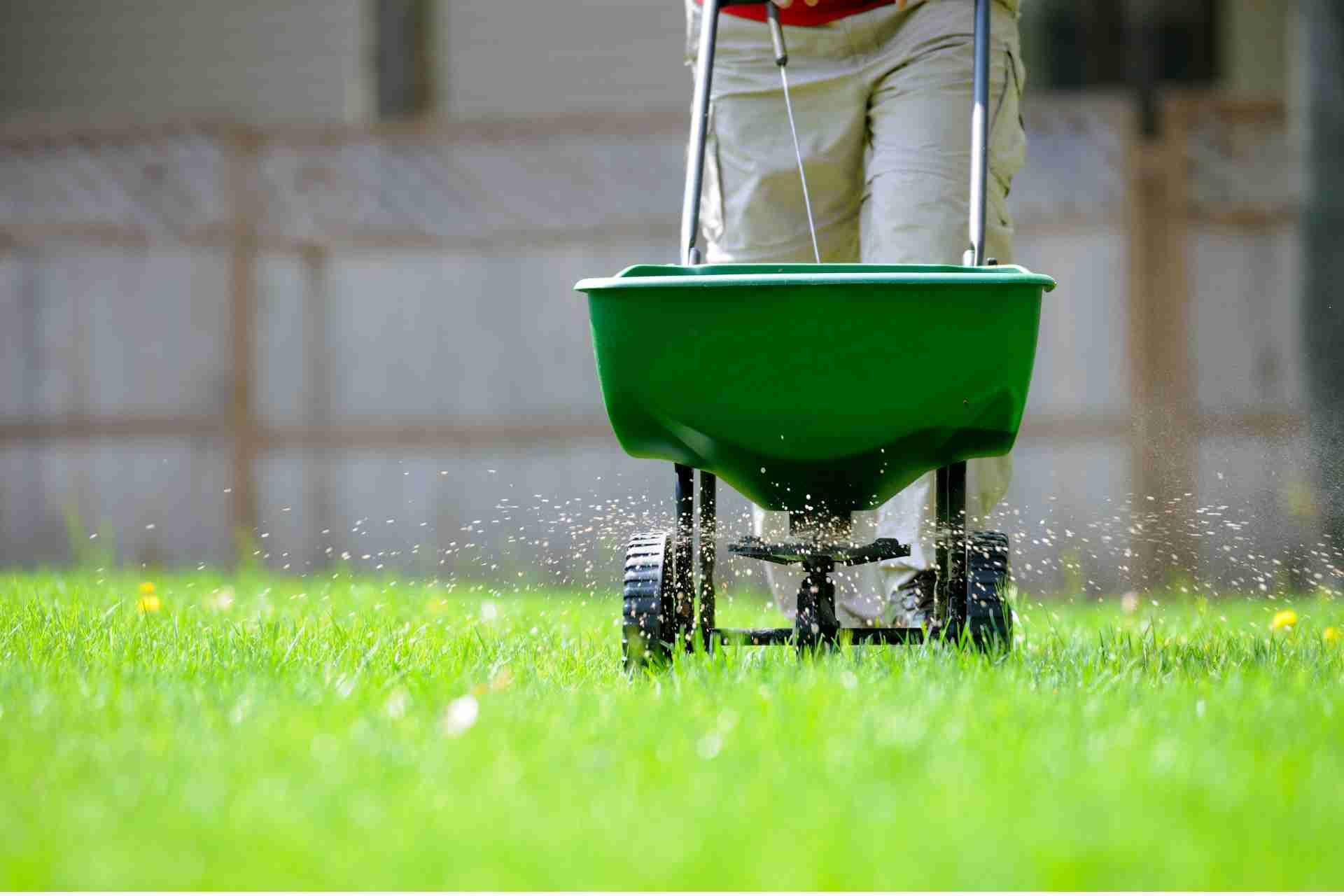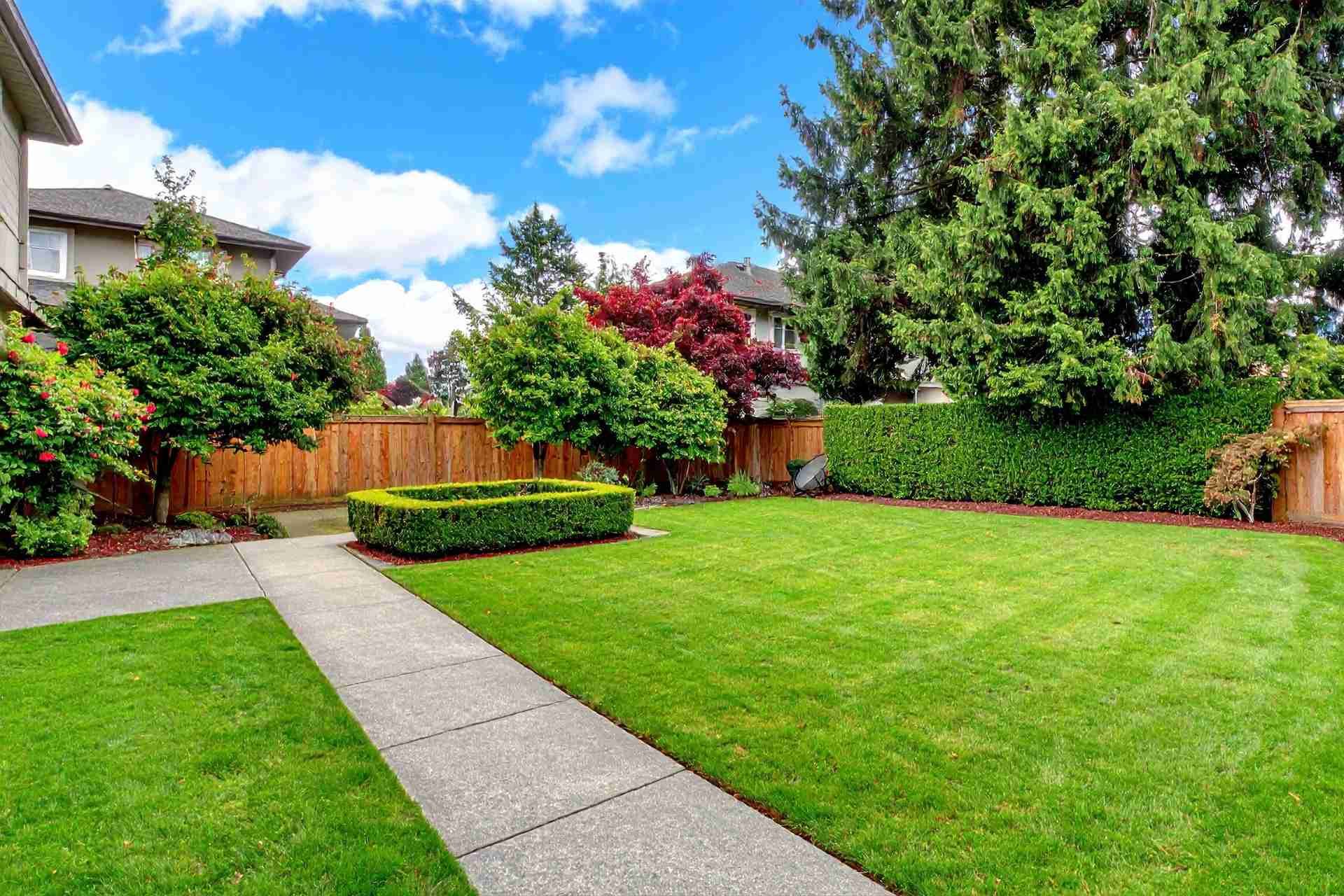Mulch vs Rock for Landscaping: What to Choose
When it comes to landscaping your yard, there are countless options to consider. One of the most important decisions to make is whether to use mulch or rocks as a ground covering. Both have their own unique benefits and drawbacks, so it's important to weigh the pros and cons before making a decision to choose between mulch vs rock.
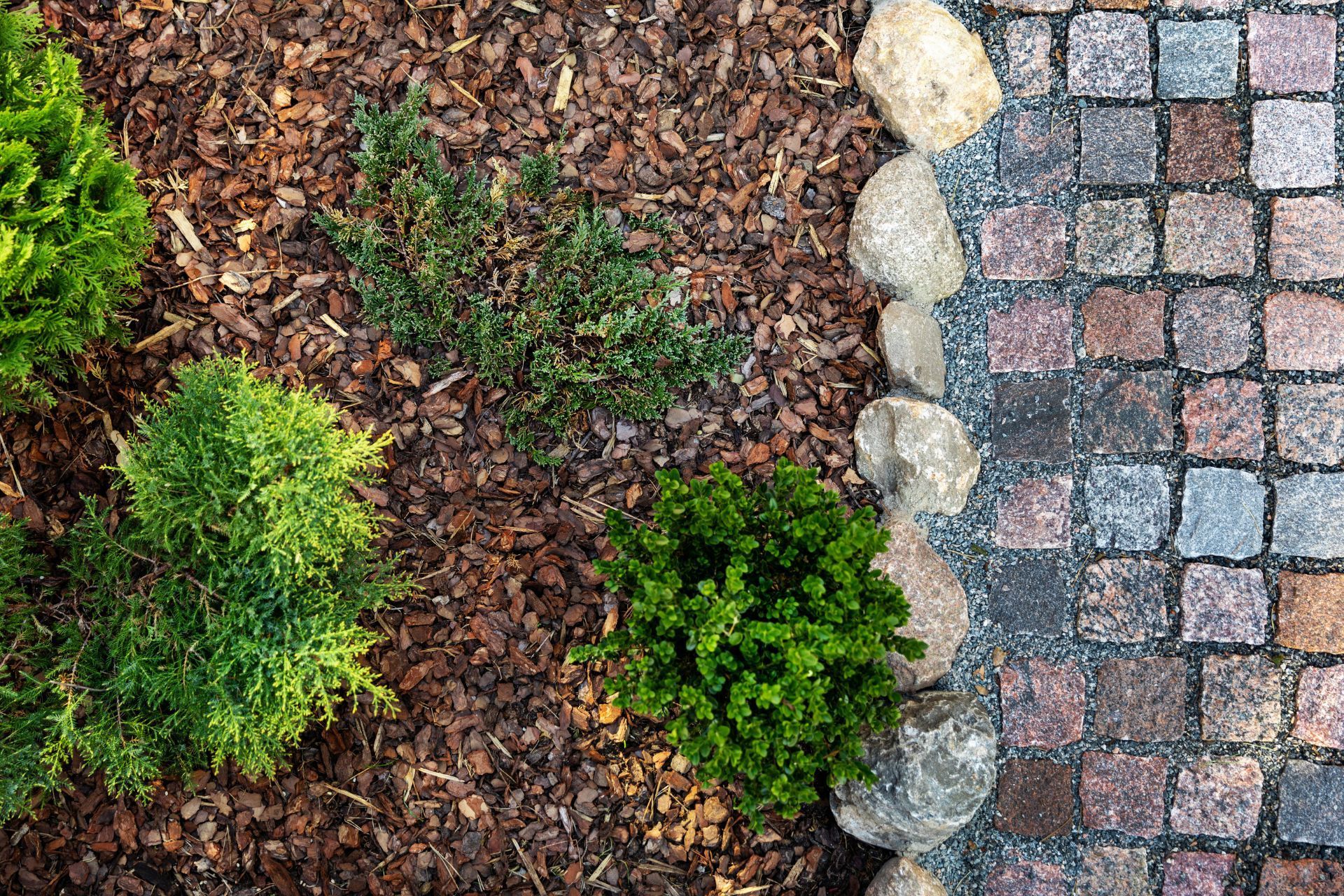
Landscaping with Mulch
Mulch landscaping is a popular and effective way to enhance the beauty and health of your outdoor space. It involves using mulch – a material made from a variety of organic or inorganic materials – to cover the soil around plants, trees, and shrubs. Mulch serves several important purposes in landscaping, making it a valuable addition to any garden or yard.
Pros:
Weed suppression
Mulch acts as a barrier that prevents sunlight from reaching the soil, inhibiting weed growth and reducing the need for manual weeding.
Moisture retention
Mulch helps to retain soil moisture by reducing evaporation, which is especially beneficial during hot and dry weather conditions. This can also help to reduce the frequency of watering plants.
Temperature regulation
Mulch helps to insulate the soil, providing a buffer against extreme temperature fluctuations. This can protect plant roots from freezing in the winter and overheating in the summer.
Soil improvement
As mulch decomposes, it adds organic matter to the soil, improving its structure and fertility. This can promote healthy plant growth and overall soil health.
Aesthetic appeal
Mulch comes in a variety of colors and textures, allowing you to add a decorative element to your landscaping. It can help to unify a garden bed or create a cohesive look throughout your yard.
Cons:
Maintenance
Mulch needs to be replenished periodically as it decomposes, which can be time-consuming and potentially costly depending on the size of your landscaping area. It can also attract pests such as rodents and insects.
Nutrient competition
While mulch can improve soil fertility over time, it can also compete with plants for nutrients if not applied properly. It’s important to ensure that mulch is not too thick or too close to plant stems to avoid nutrient deficiencies.
Disease risk
Certain types of mulch, such as wood chips, can harbor pests and diseases that can be detrimental to plant health. It’s important to regularly monitor mulch for signs of mold or fungus and remove any affected areas promptly.
Soil pH
Some types of mulch, such as pine bark or pine straw, can alter the pH of the soil over time as they decompose. This can be beneficial for acid-loving plants but may be detrimental to those that prefer neutral or alkaline soil.
Water runoff
In heavy rainfall or irrigation, mulch can wash away or compact, potentially causing erosion issues. It’s important to use mulch in conjunction with other landscaping elements, such as retaining walls or drainage systems, to prevent water runoff.
Landscaping with Rock
Landscaping with rock is a great way to add texture, depth, and interest to your outdoor living space. Whether you are looking to create a low-maintenance garden or want to add a unique touch to your yard, incorporating rocks into your landscaping design can provide a beautiful and durable solution.
Pros:
Low maintenance
Rocks require very little maintenance compared to grass or plants. Once they are in place, you don't have to worry about watering, pruning, or fertilizing.
Durability
Rocks are long-lasting and resistant to the elements, making them a cost-effective investment for your landscaping.
Versatility
Rocks come in all shapes, sizes, and colors, allowing you to create a custom look that complements your home's style and aesthetic.
Erosion control
Rocks can help prevent soil erosion in areas with steep slopes or heavy rainfall, protecting your landscape and preventing damage to your property.
Cons:
Limited plant options
Rocks can limit your plant choices, as not all plants thrive in rocky soil. This can restrict your landscaping options and limit the biodiversity of your garden.
Heat retention
Rocks absorb and retain heat, which can create a warmer microclimate in your yard. This can be beneficial in colder climates but may be a disadvantage in hot climates where excessive heat can harm plants.
Weed control
While rocks can help prevent weed growth, they can also provide a habitat for weeds to take root. Regular weeding and maintenance may be necessary to keep unwanted plants at bay.
Heavy lifting
Rocks can be heavy and difficult to move, especially large boulders or decorative stones. This can make installation and maintenance challenging, requiring strong muscles or professional help.
What to Choose Between Mulch vs Rock for Landscaping
The choice between mulch and rock landscaping will depend on your personal preferences, budget, and the specific needs of your garden. If you're looking for a low-maintenance option with long-lasting appeal, rocks may be the way to go. However, if you prefer a more natural look and want to improve soil health, mulch might be the better choice for you.
Regardless of which option you choose, both mulch and rock landscaping can enhance the beauty of your garden and provide a practical solution for managing weeds and moisture levels. Take the time to consider the pros and cons of each option before making a decision, and don't be afraid to mix and match both materials to create a unique and functional landscape design.

